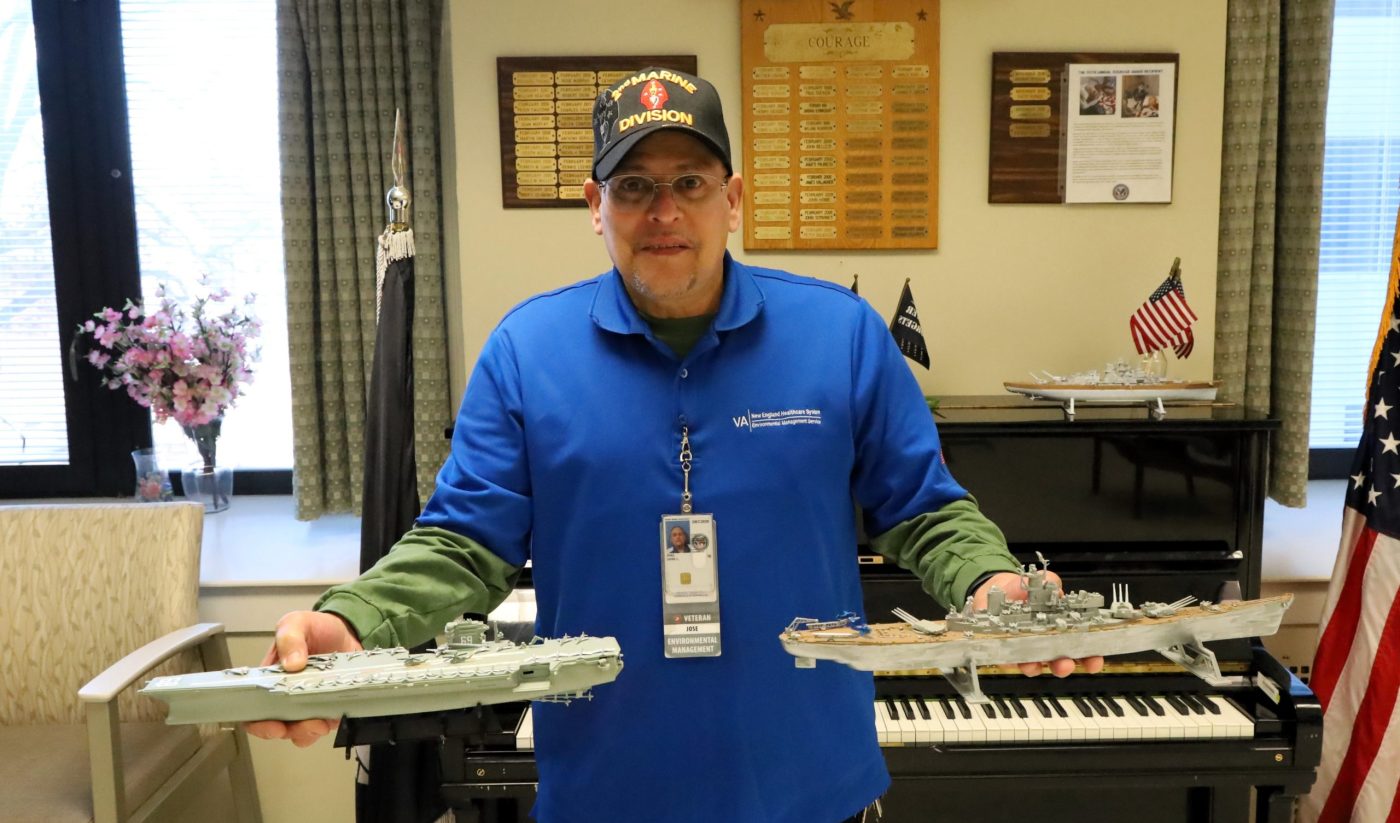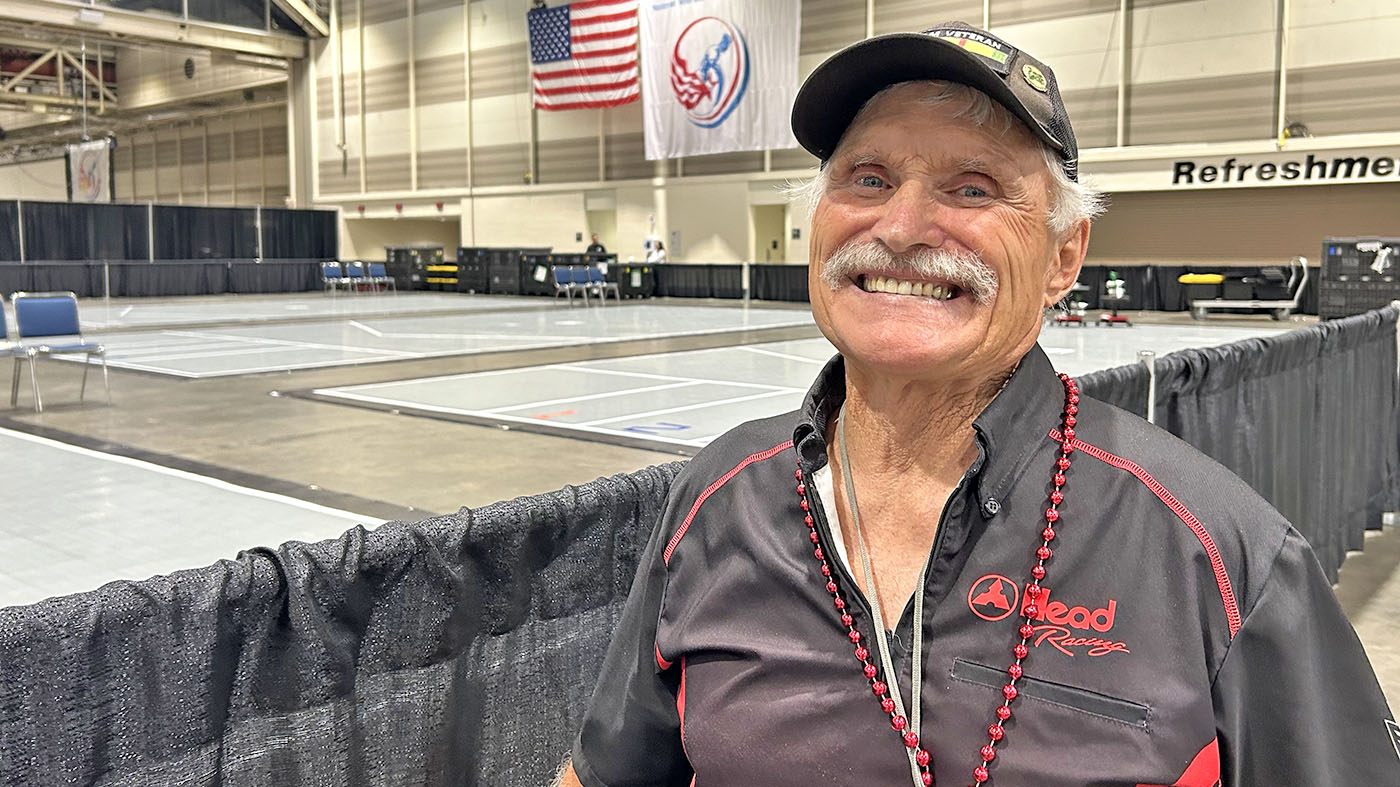 Do all Veterans get all the health care they need…and deserve?
Do all Veterans get all the health care they need…and deserve?
Could some Veterans not get the health care they should get because of where they live or their age or their race? Or what about their gender or physical disabilities or sexual orientation?
VA has an office exclusively dedicated to making sure all Veterans get the care and treatment they have earned. It’s called the Office of Health Equity (OHE) and I am charged with leading this effort to achieve equitable care for Veterans.
What is Health Equity? Health equity means achieving the highest level of health for all people.
It means we have to value everyone equally. We have to address avoidable inequalities and historical and contemporary injustices that fuel inequities. We need to strive to eliminate health and health care disparities.
Health disparities adversely affect groups of people who have experienced greater social and/or economic obstacles to health and/or a clean environment.
One goal of the Veterans Health Administration (VHA) strategic plan FY2013 to 2018 states that Veterans will receive timely, high quality, personalized, safe effective and equitable health care, irrespective of geography, gender, race, age, culture or sexual orientation.
We needed to see how VA is doing in the area of Health Equity.
The Office of Health Equity (OHE) recently conducted a Health Equity Environmental Scan focused on health equity, health disparities, and/or vulnerable Veteran populations. We sought to identify all health equity related programs, pilots, quality improvement initiatives, research protocols and/or resource materials that are currently underway in 2015 or completed in the last 12 months.
I want to extend our deepest appreciation to the 118 VA medical centers and 26 VHA Central Offices who participated. Additionally, I thank the 5 VA medical centers who piloted the scan and provided feedback to the OHE prior to the national roll out.
“The pursuit of health equity should be everybody’s business and it is a journey that takes time as well as sustained effort.”
This scan informs VHA leadership and stakeholders of work addressing health disparities. OHE compiled the data and published the results online. We are continuing to analyze and dive deeper to fully assimilate the findings. The OHE is partnering with others to identify emerging best practices that can be shared agency- wide and beyond.
In the meantime, there are opportunities for increased cultural and linguistic competency – the scan documented only 3% of projects touching this area of the Health Equity Action Plan. Also, only 2% was documented on leadership and it is unclear if that represents leadership buy-in on the issue of tackling health disparities among Veterans.
Overall, the 2015 Health Equity Environmental Scan yielded 1,111 projects comprised of program initiatives (48%), research projects (29%), quality improvement (14%), and resource or materials (9%) geared towards advancing health equity for all Veterans. The breakdown by Vulnerable Veteran groups suggests cross-cutting work in progress as shown in the figure above.
The information is intended to create awareness and provide facilities and program offices assistance in locating points of contact for similar programs, learning about new ideas or expanding concepts they may be exploring.
It seeks to break down silos and provides opportunities for positive messages and emerging best practices emanating from VHA in the service of Veterans entrusted to the VA. Each of us owns a piece of that puzzle if we are to ensure that each Veteran is set up to achieve the highest level of health for all Veterans, especially the most vulnerable.
By Dr. Uchenna S. Uchendu
Executive Director, VHA Office of Health Equity
Topics in this story
More Stories
One strategy credited for the improvement is a focus on building trust and stronger patient-provider relationships.
Army and Marine Corps Veteran started making models after being hospitalized at Connecticut VA.
Veteran Hank Ebert is a bit of a superstar in the National Veterans Wheelchair Games. He has been attending since 1993.








Can I get regular coverage and pay for it???? I’m 10% disabled , 53 yrs old, and wondering what monthly cost would be for standard health care,,,
Thx
Joseph